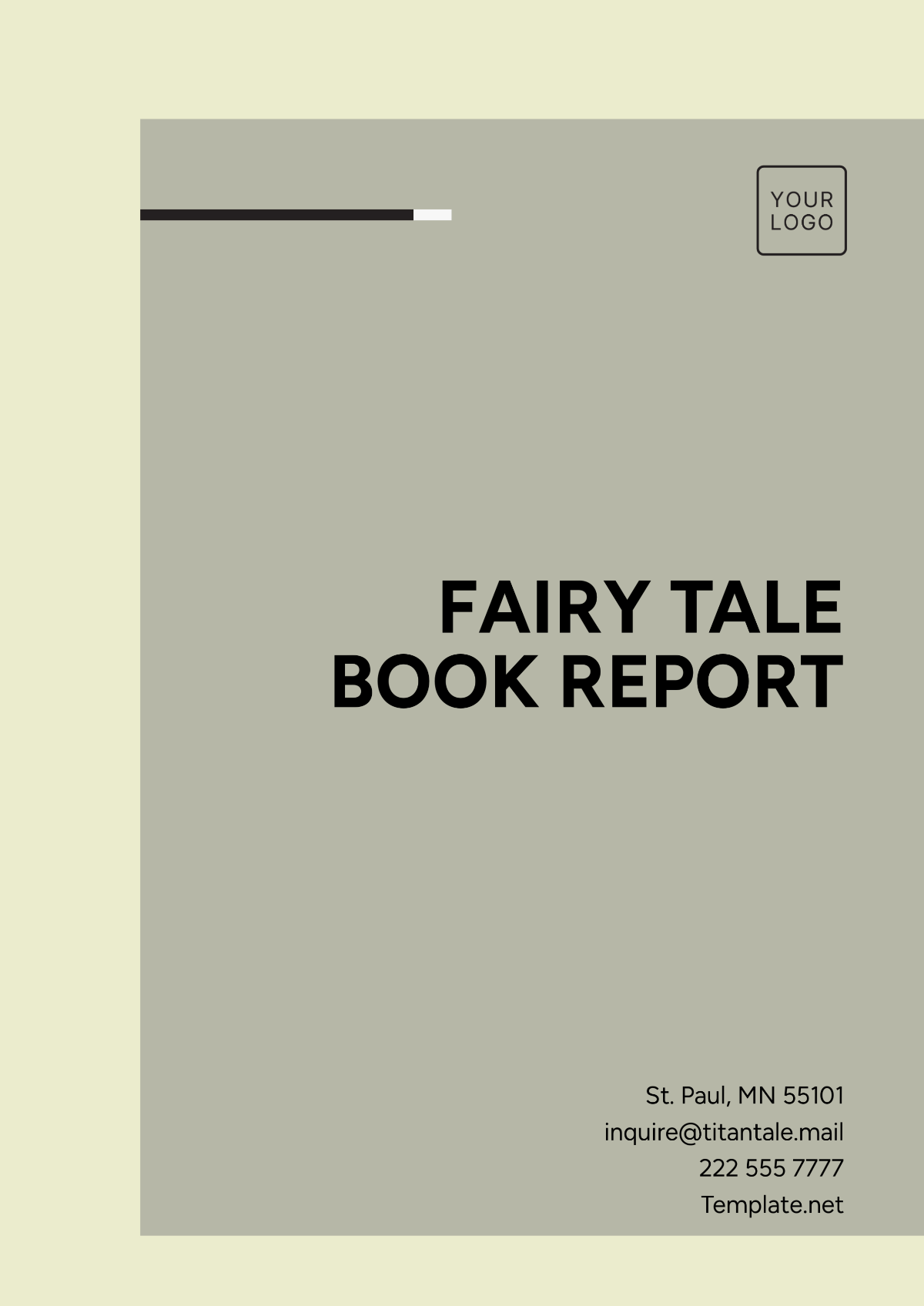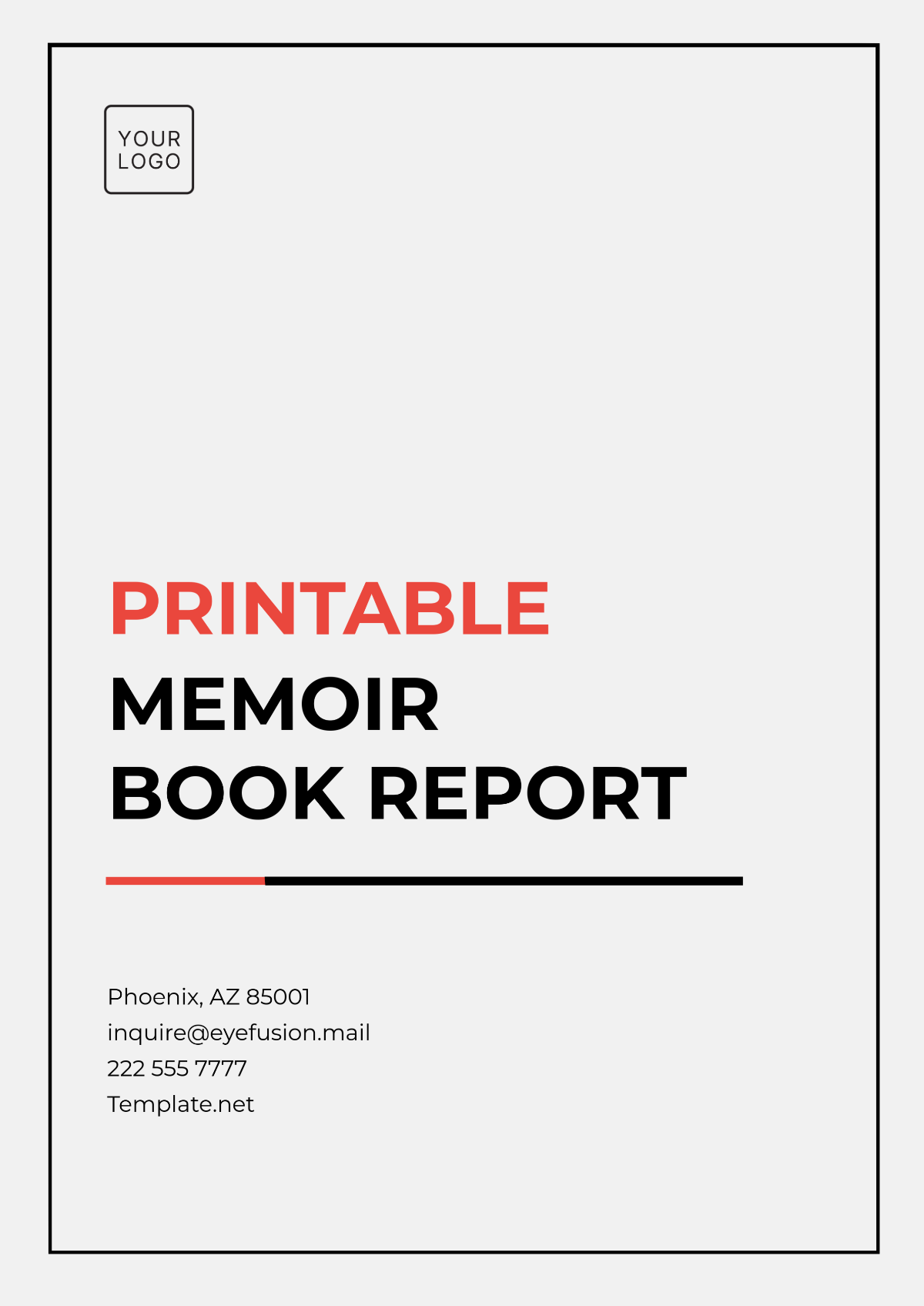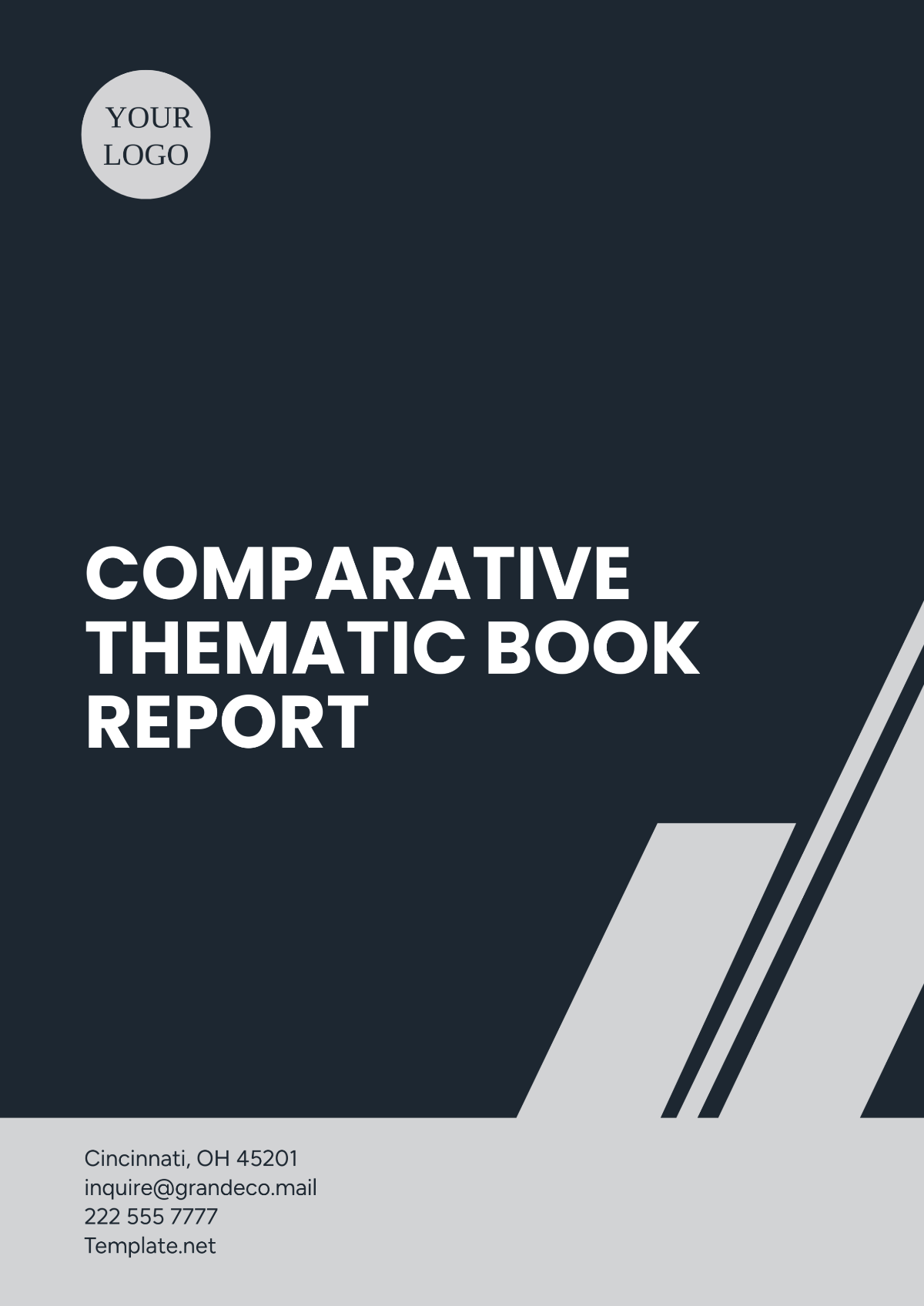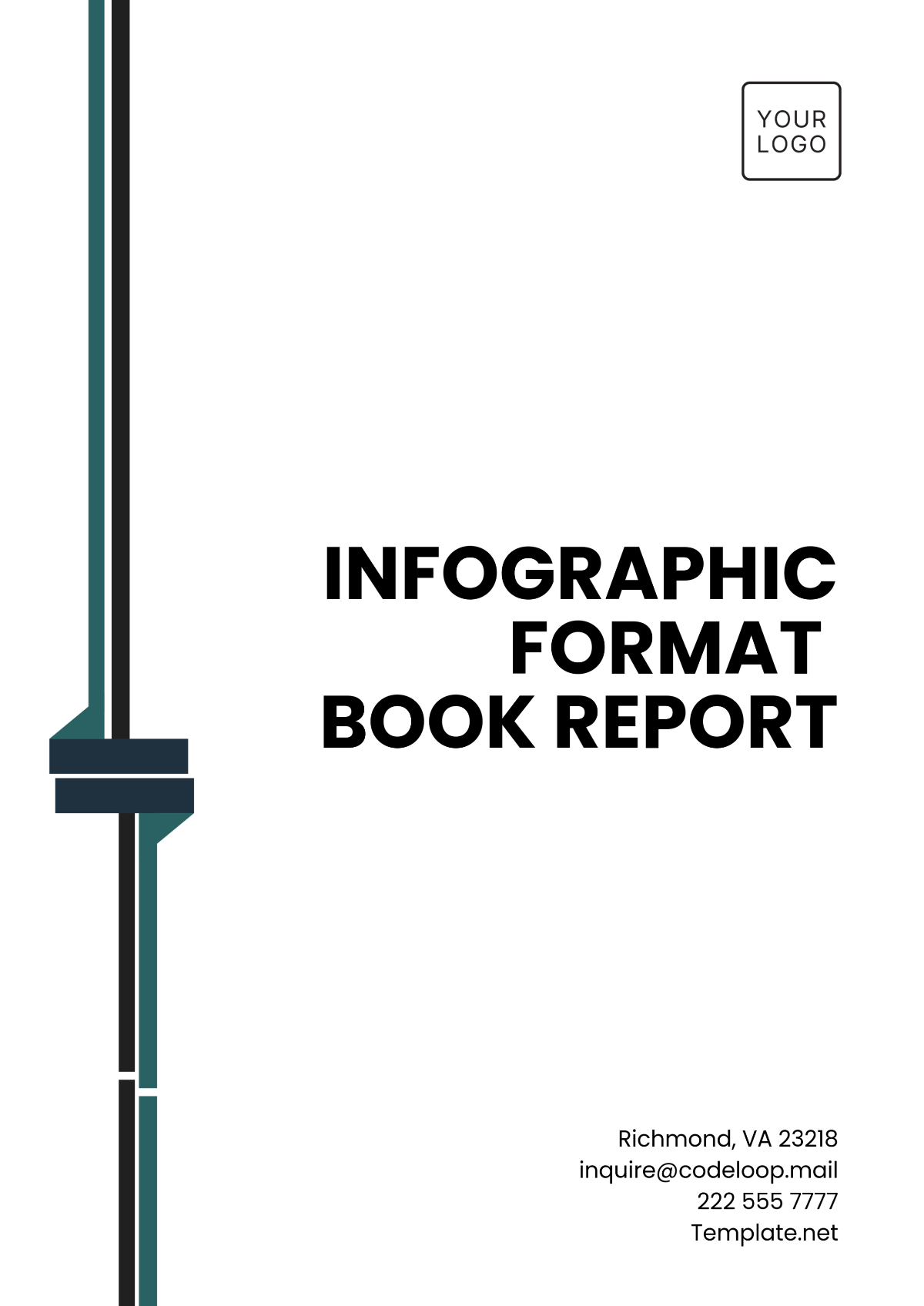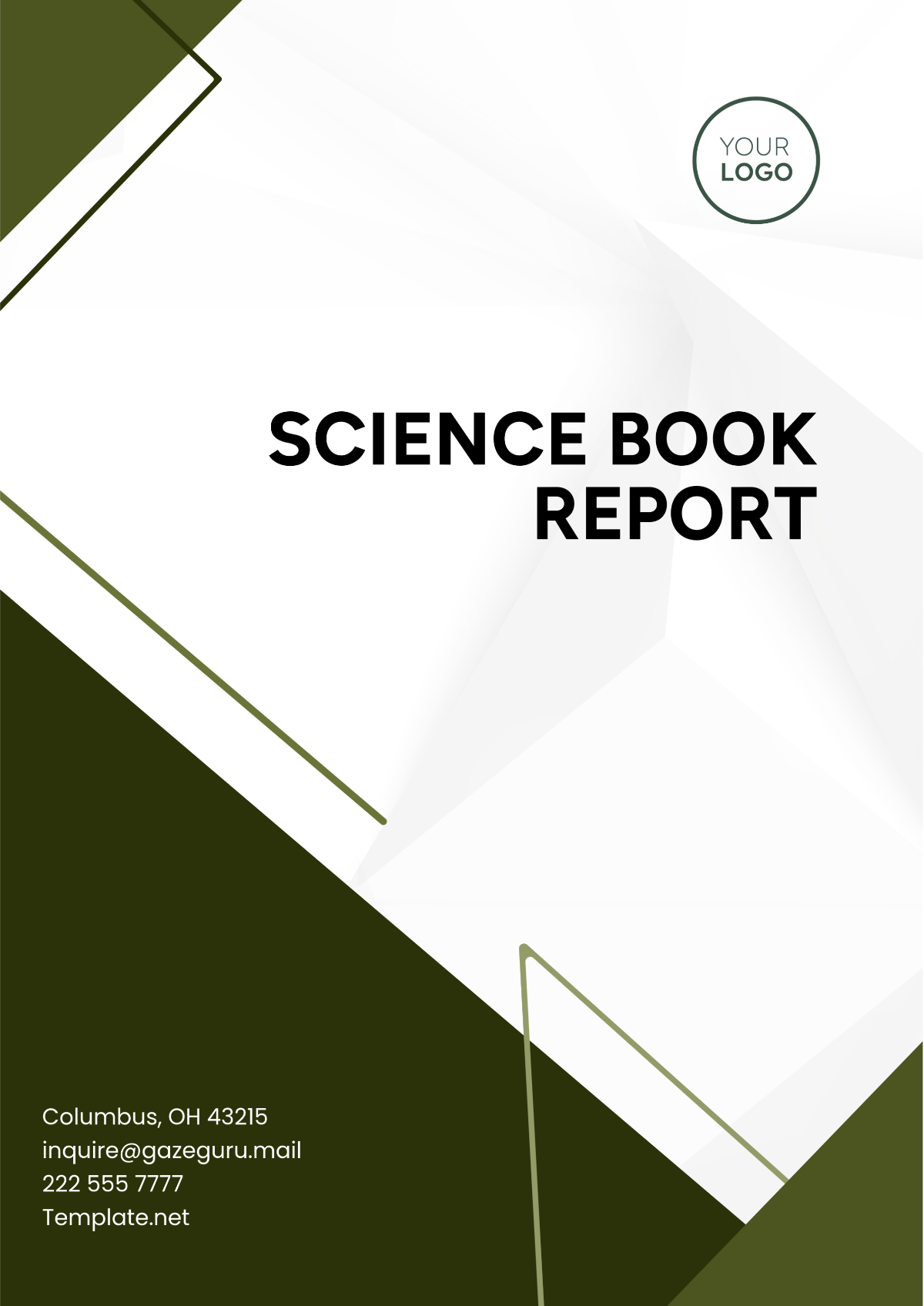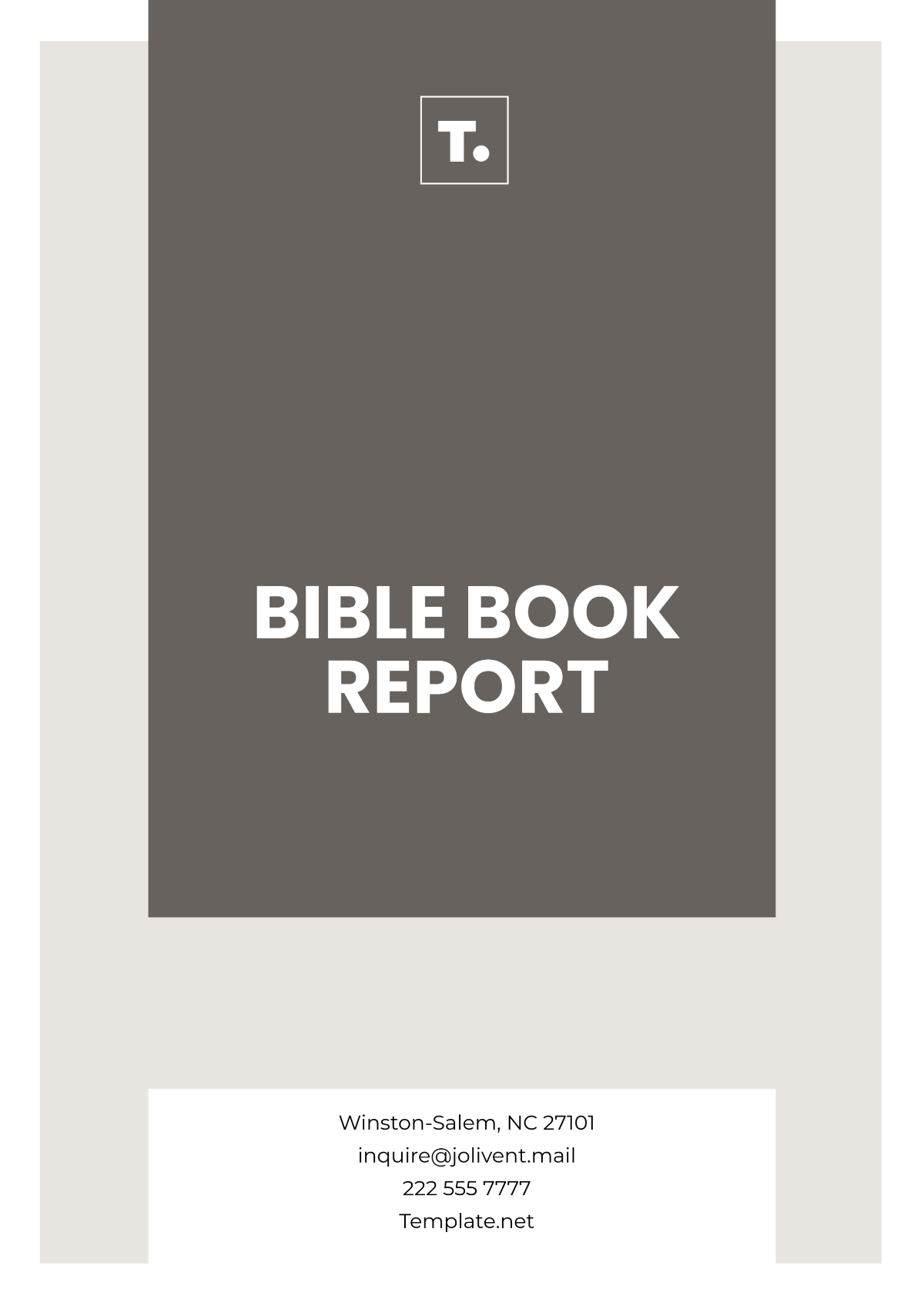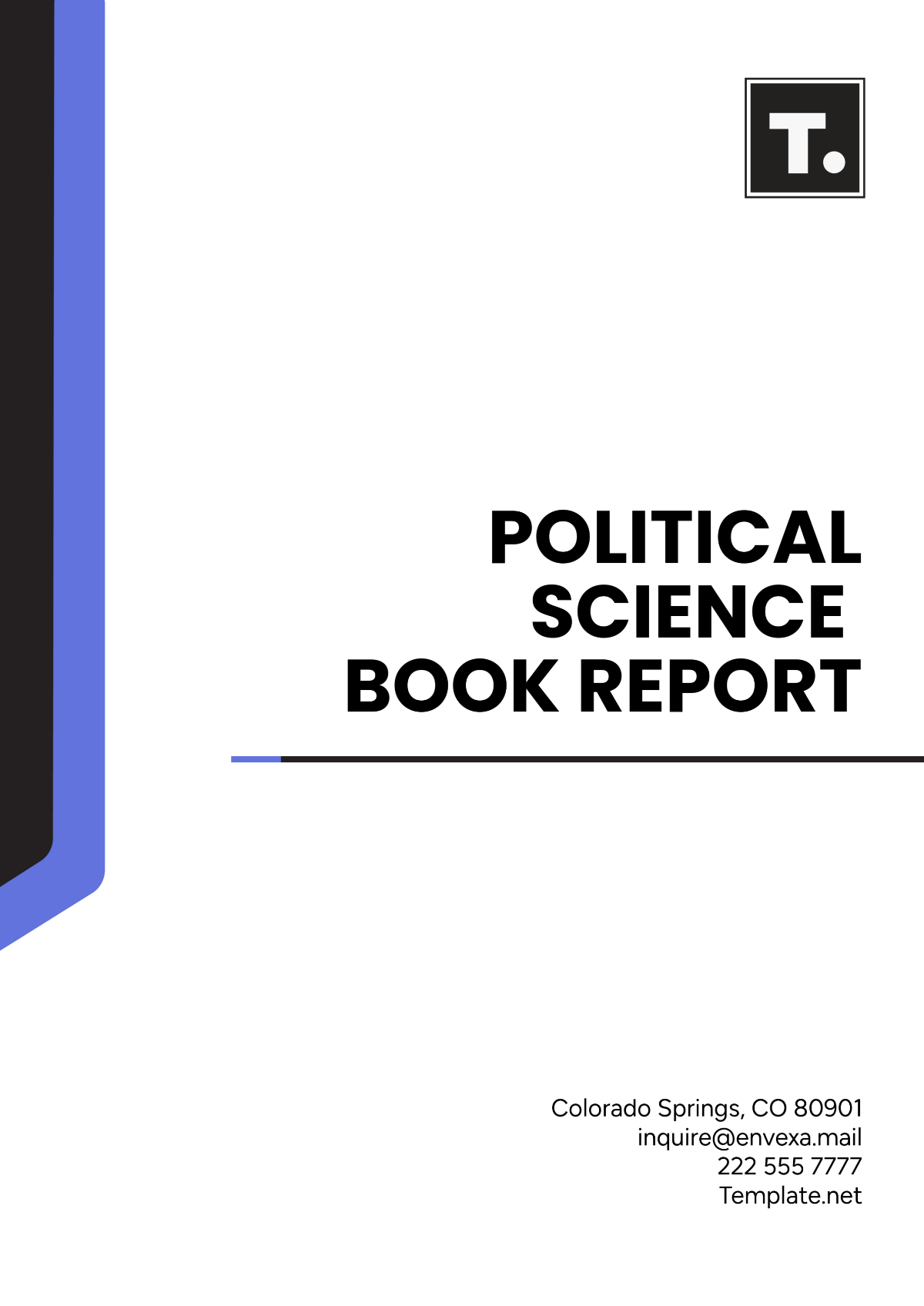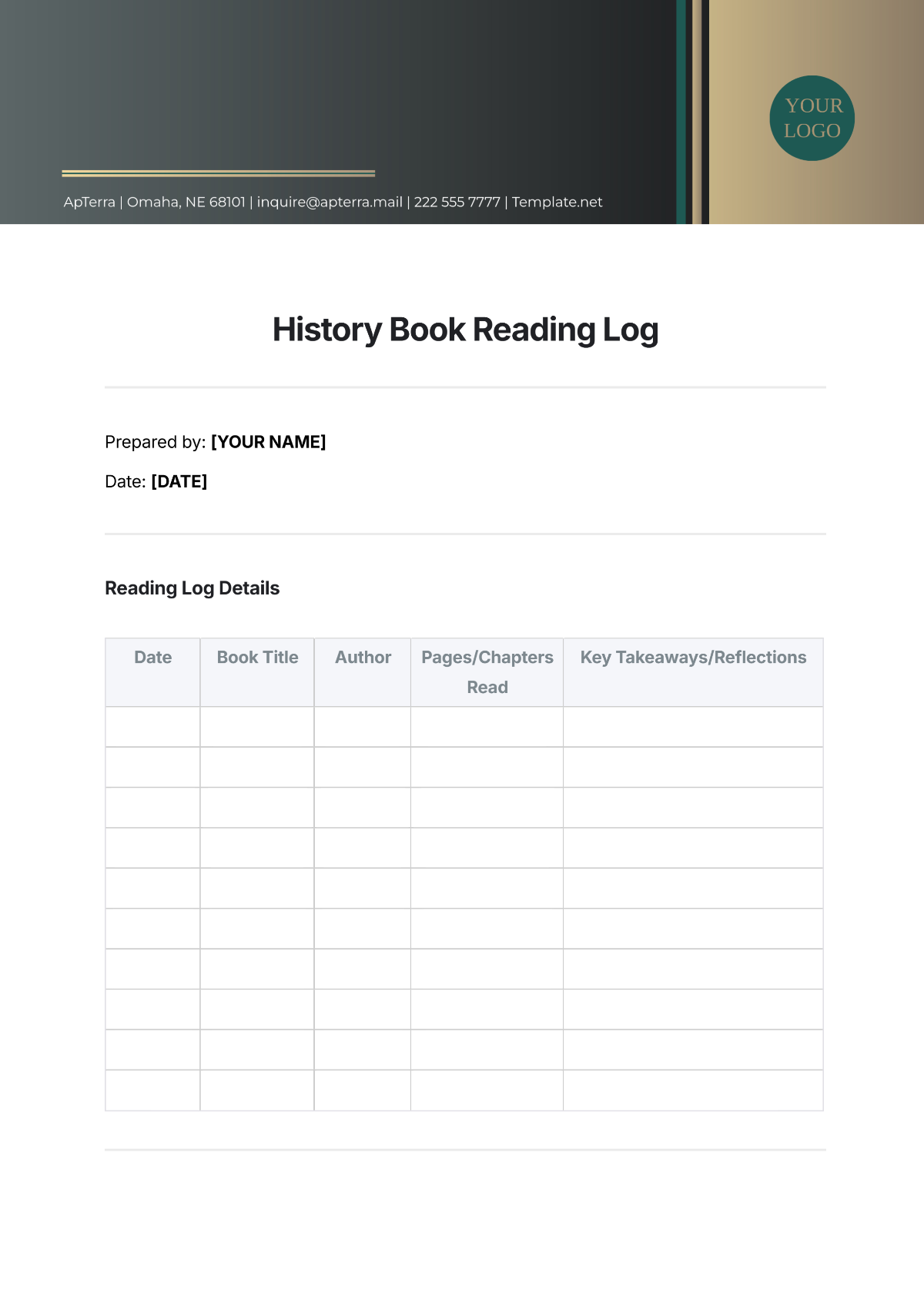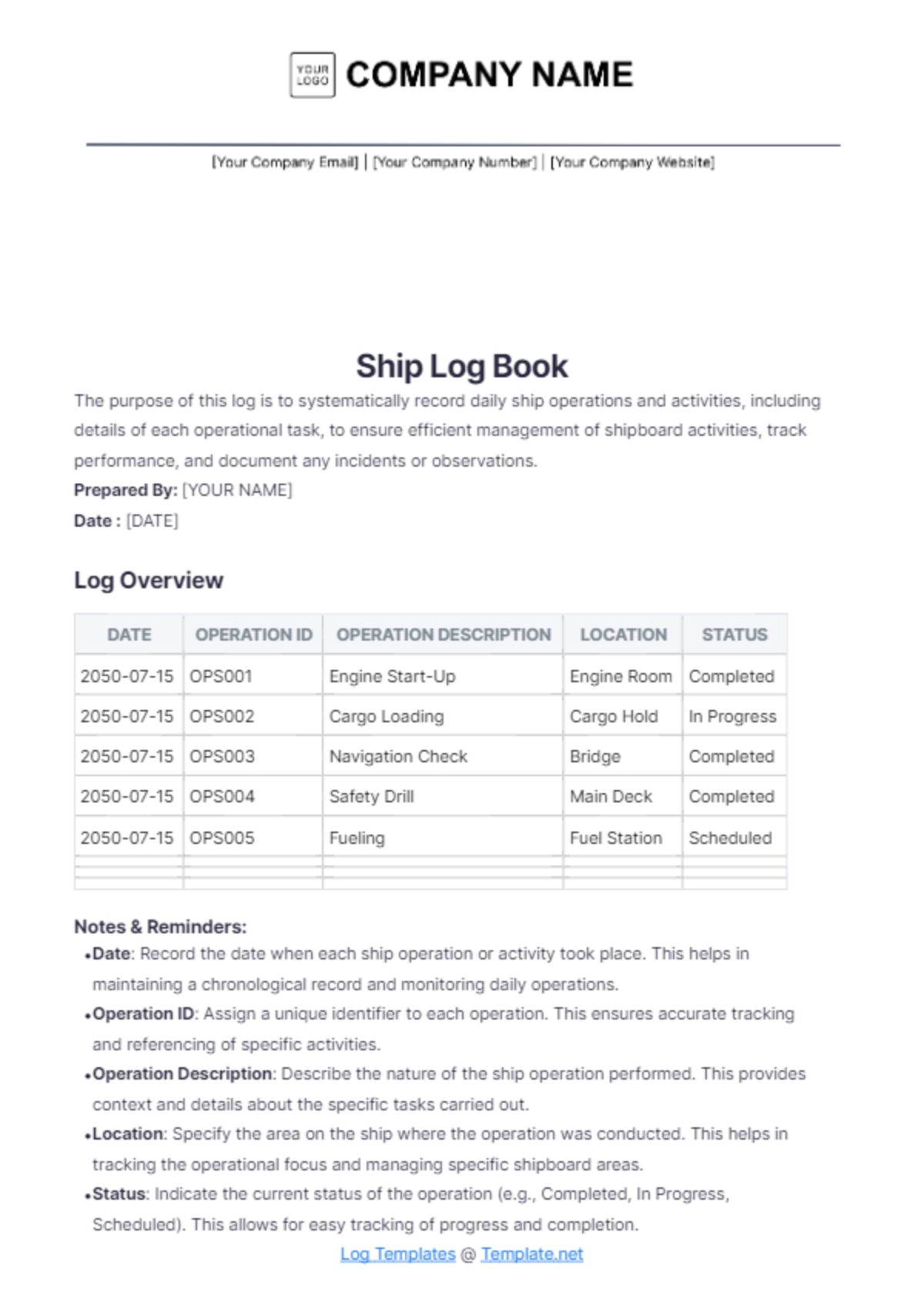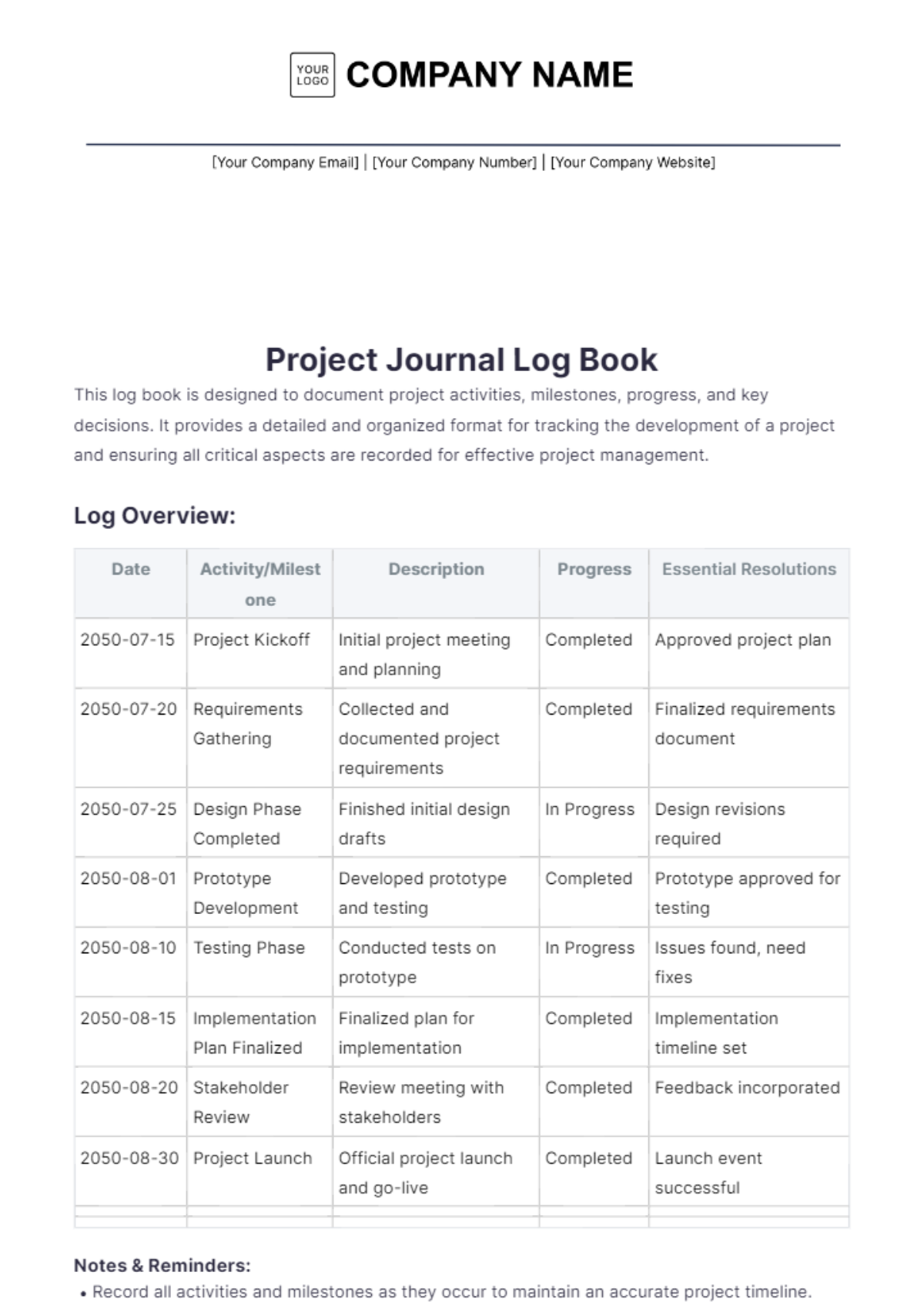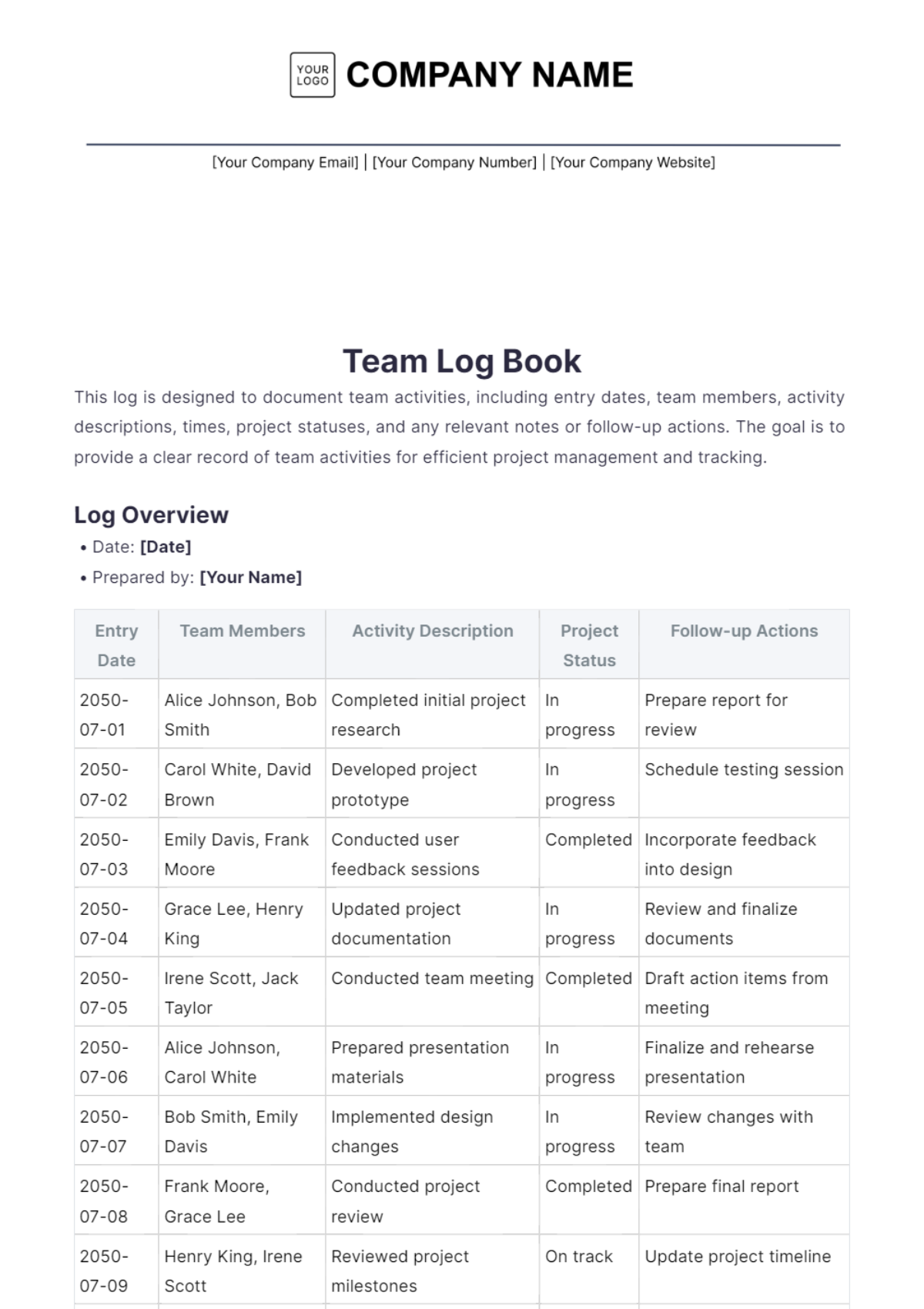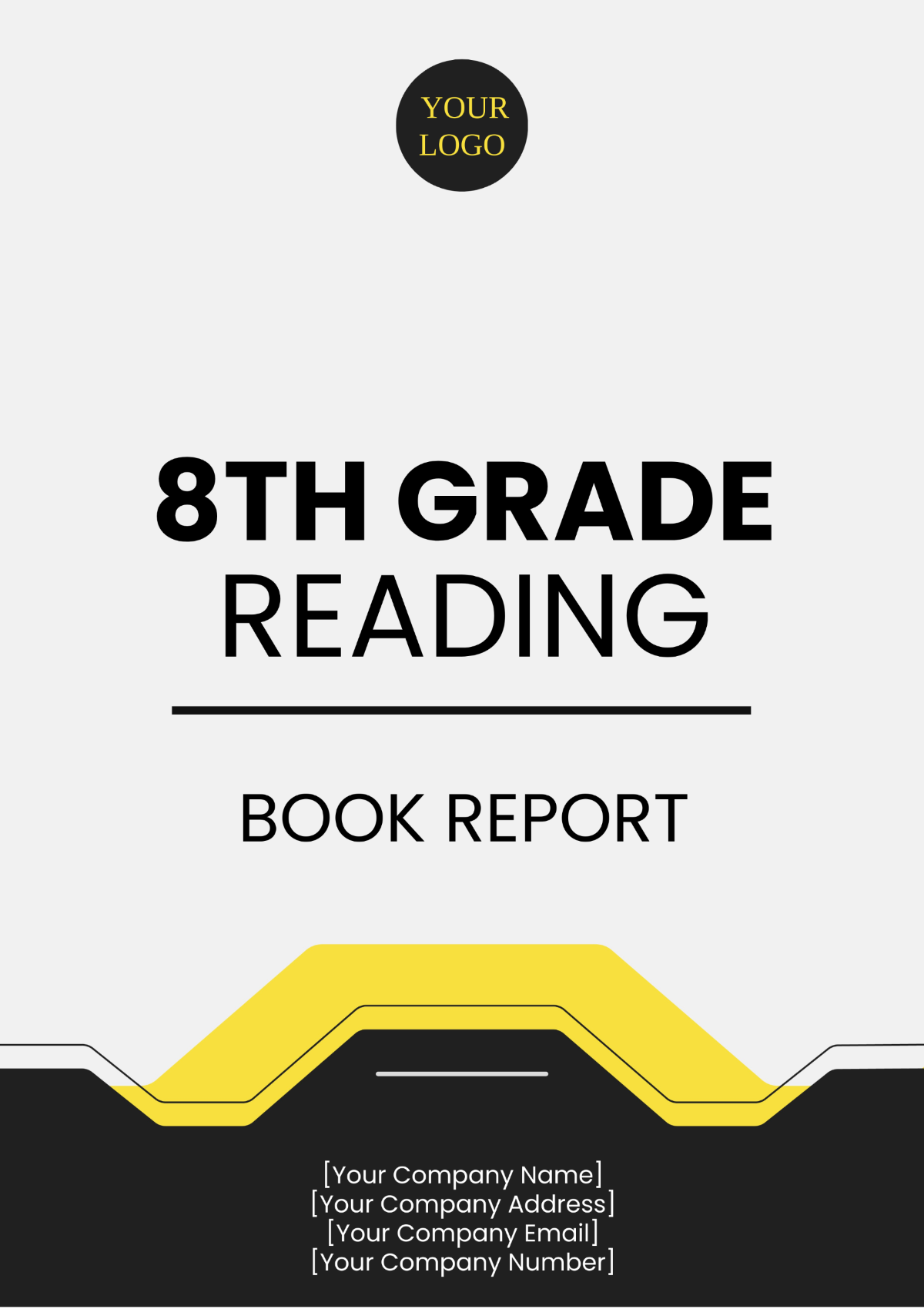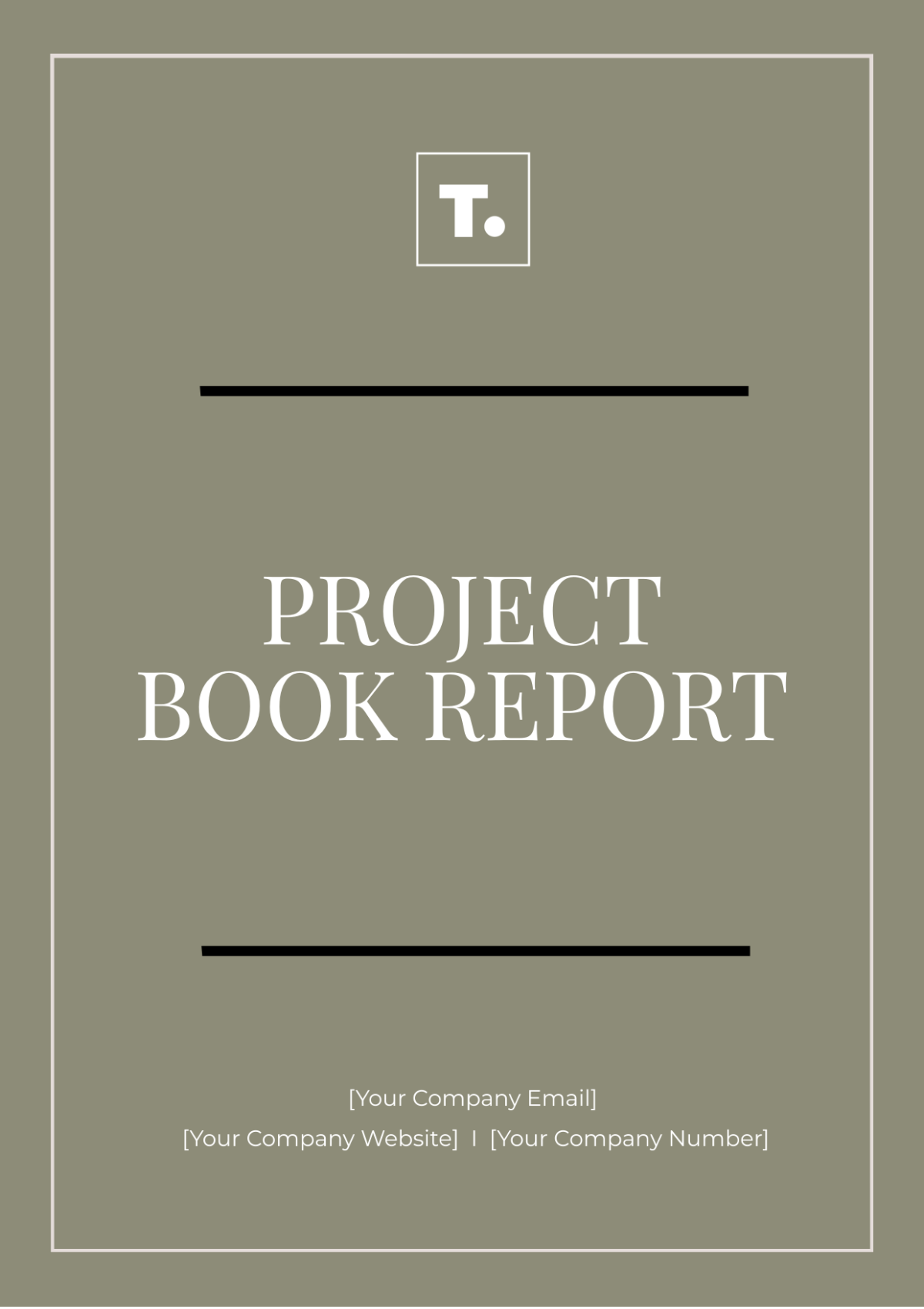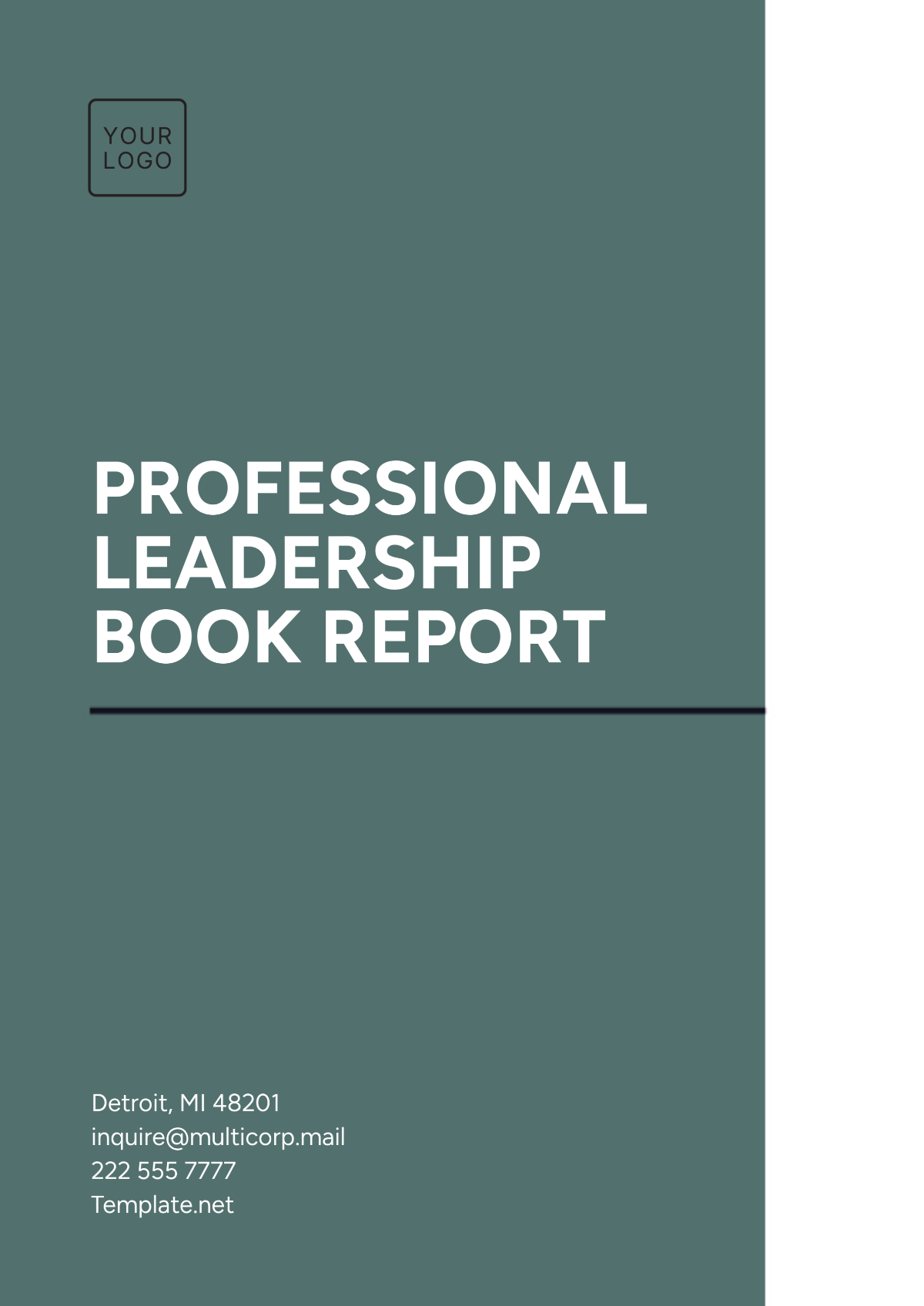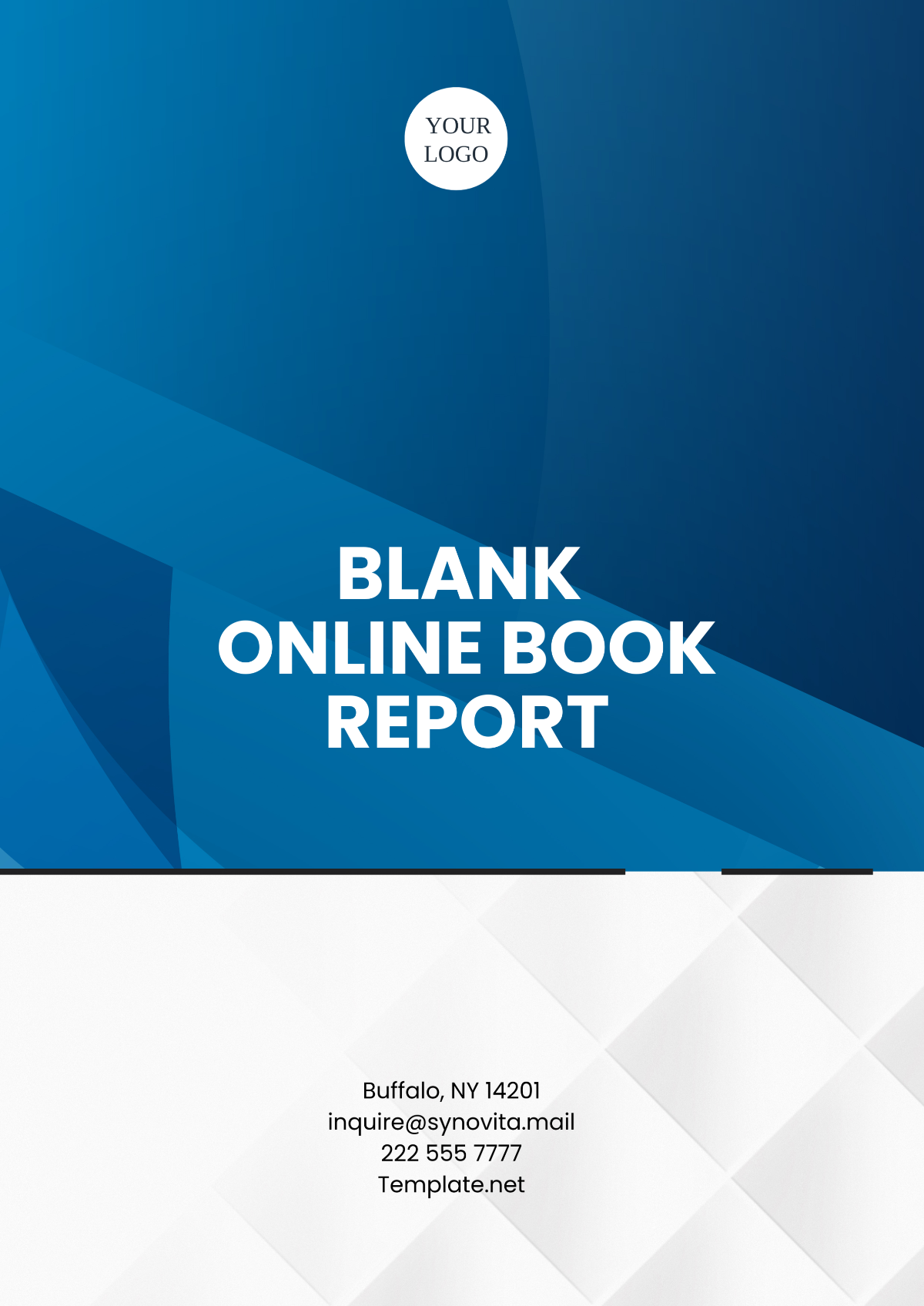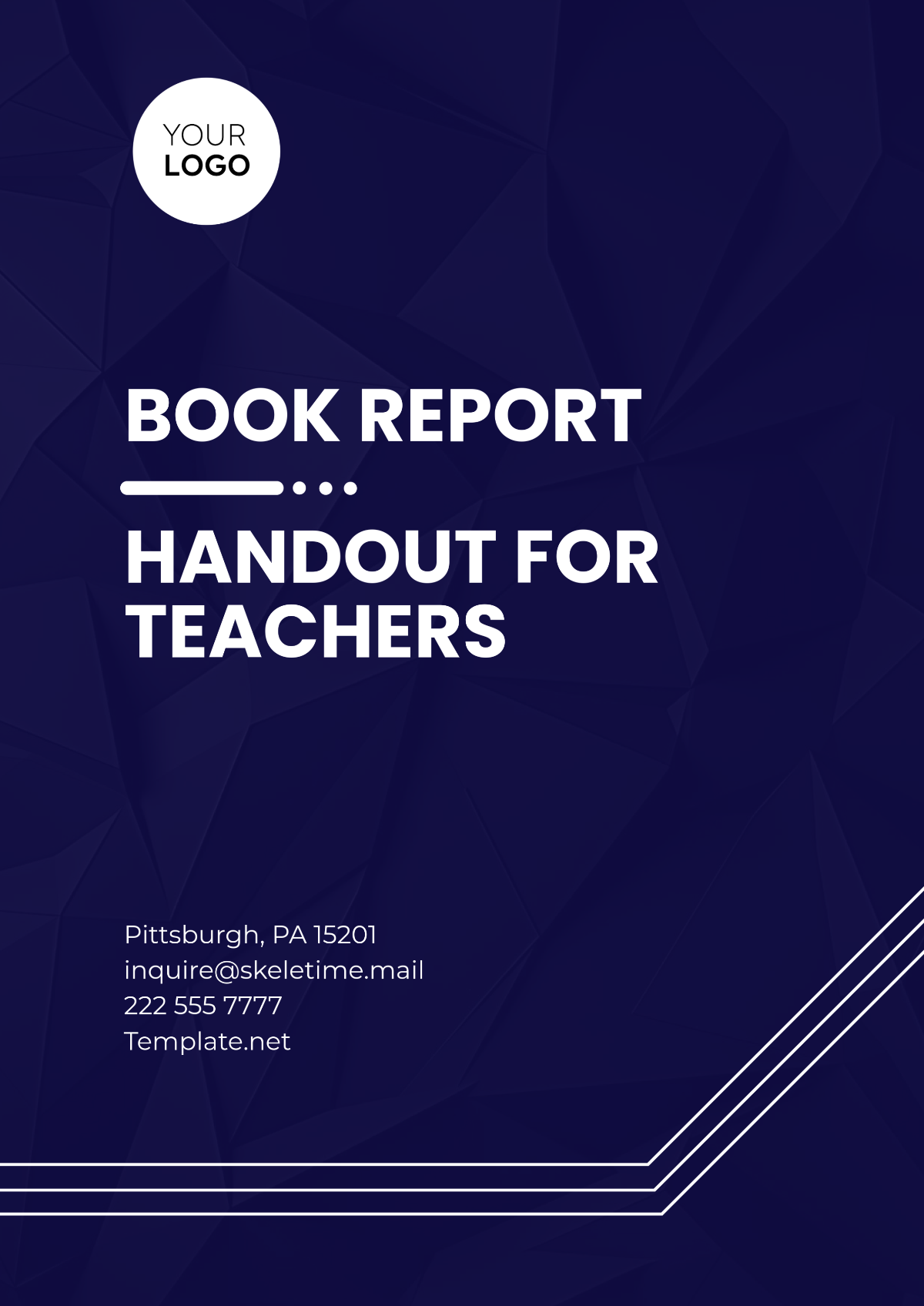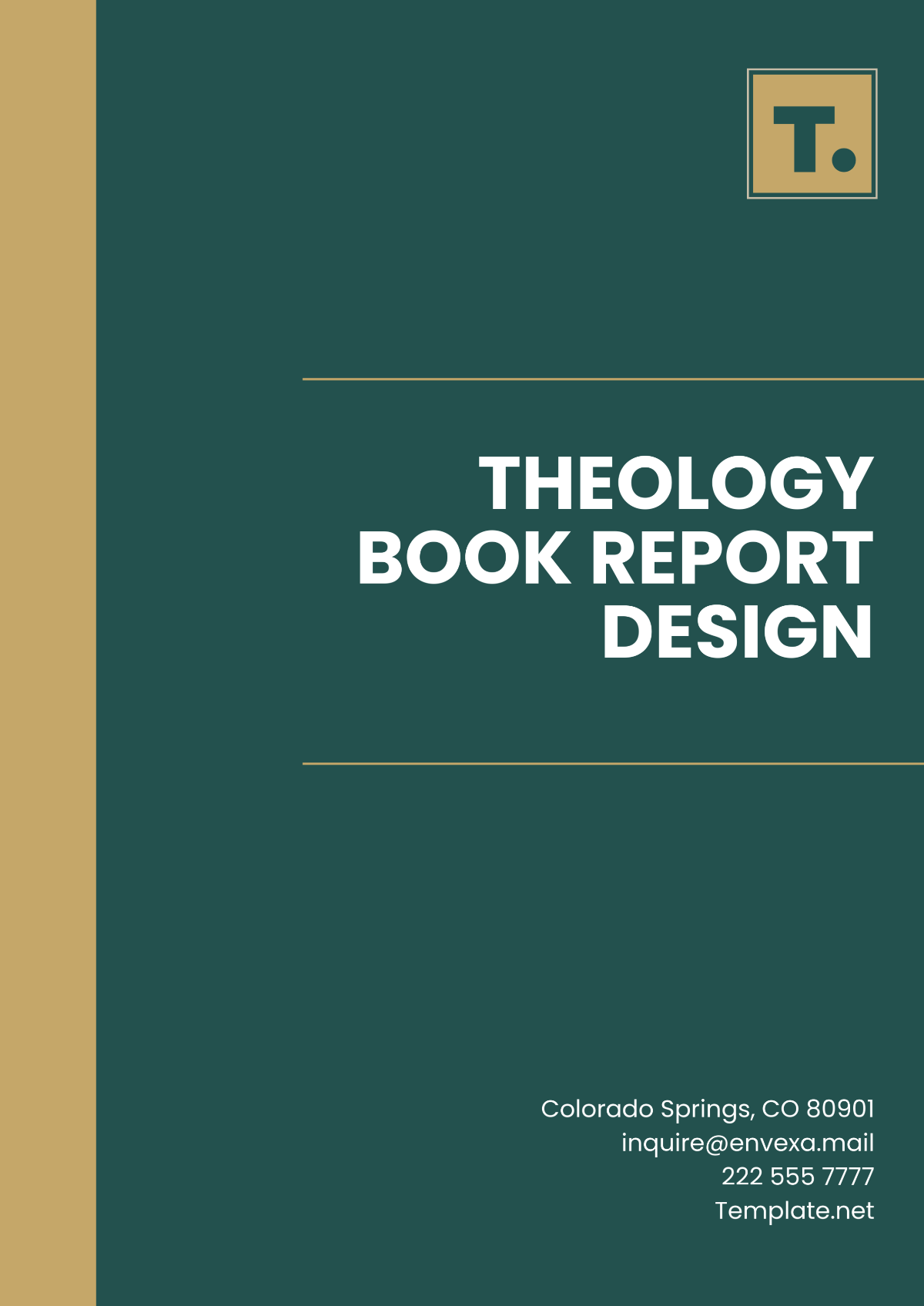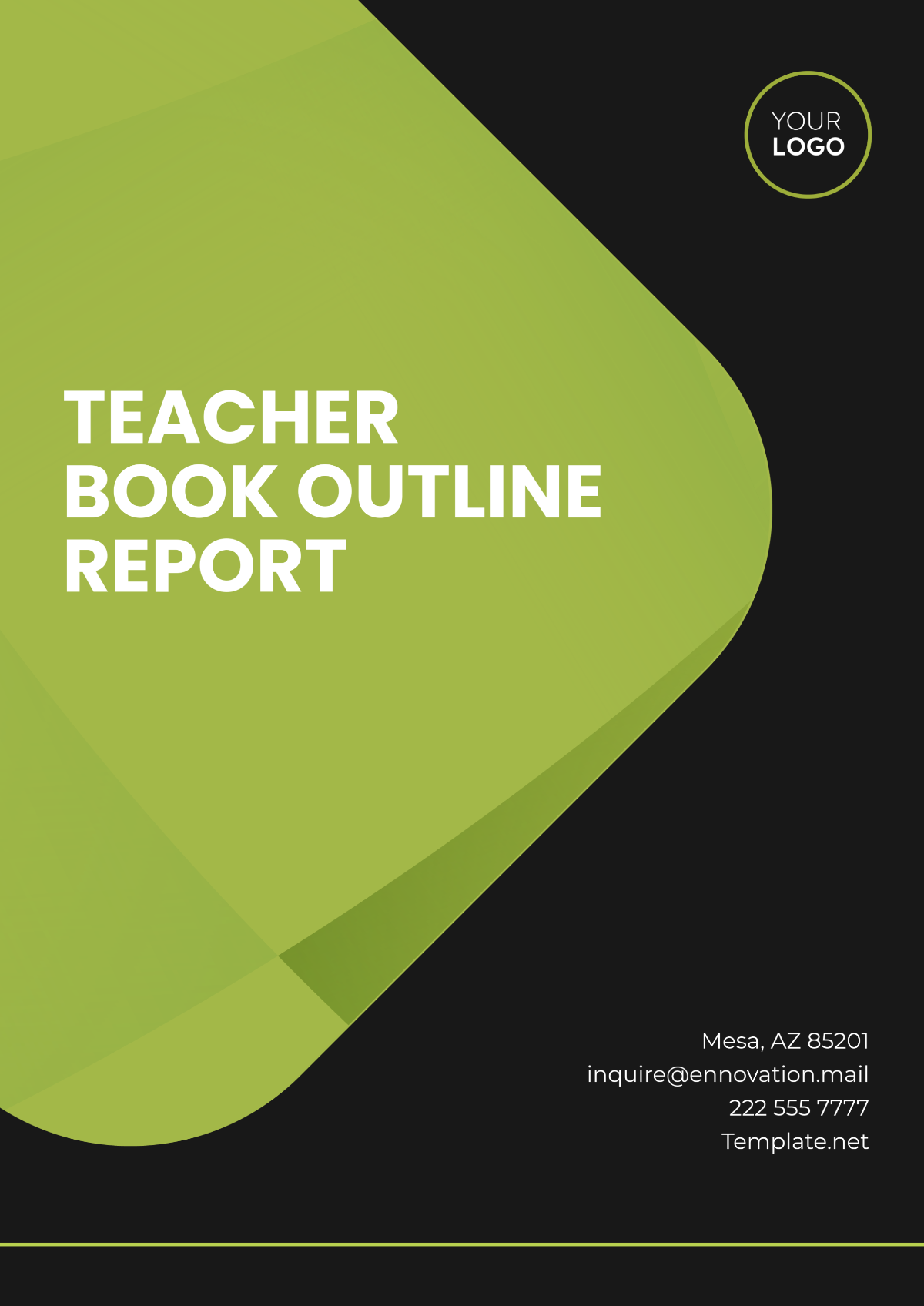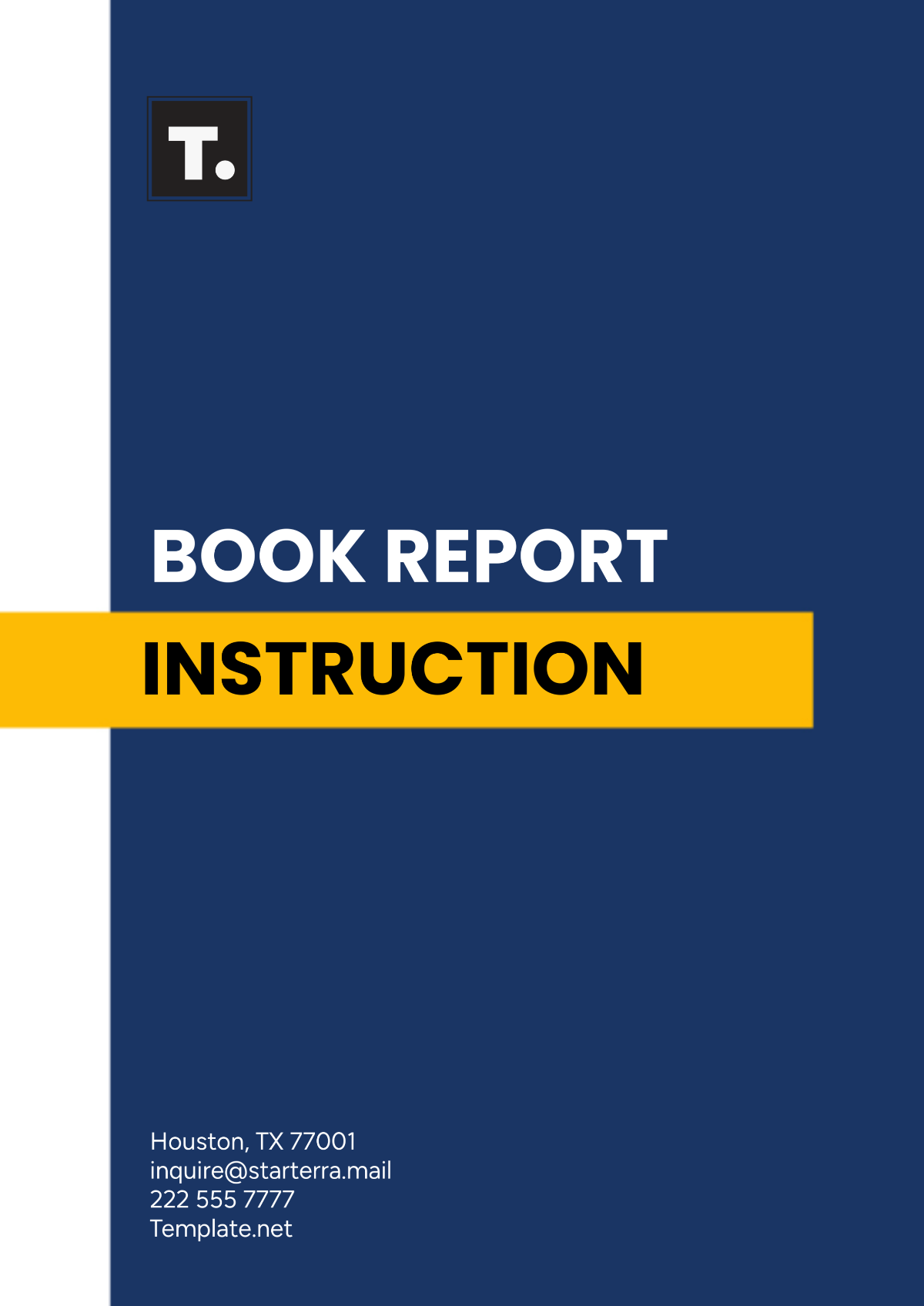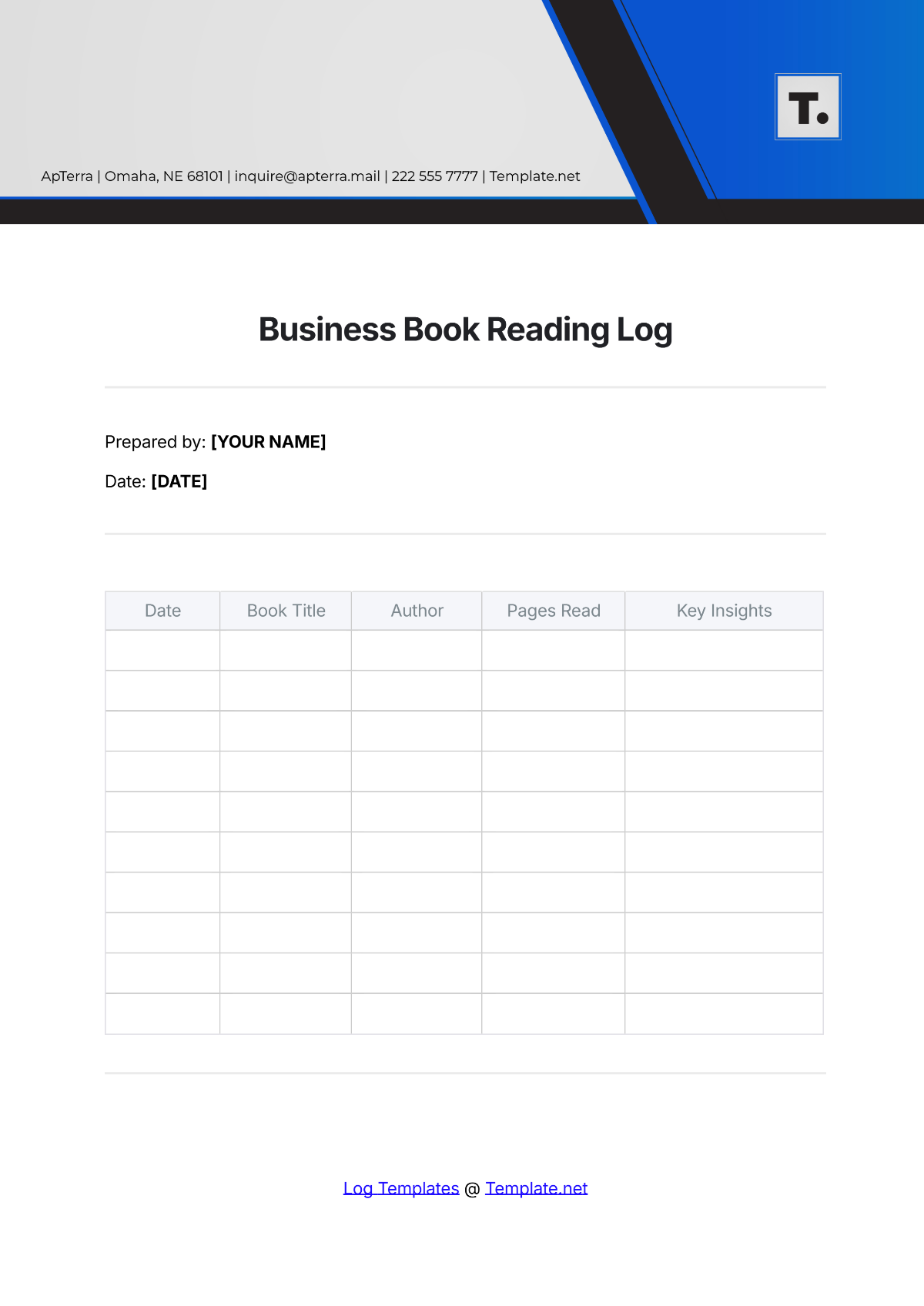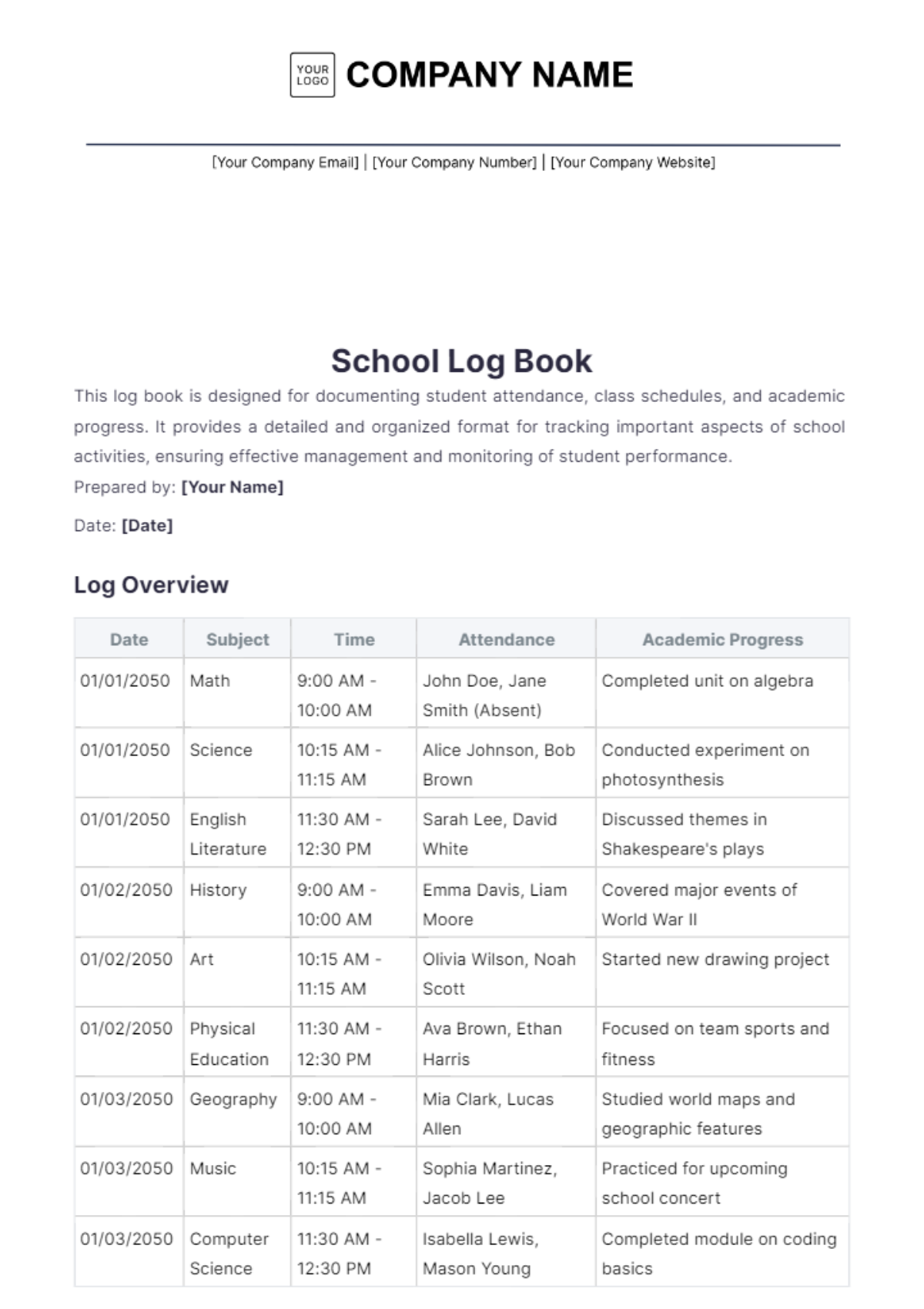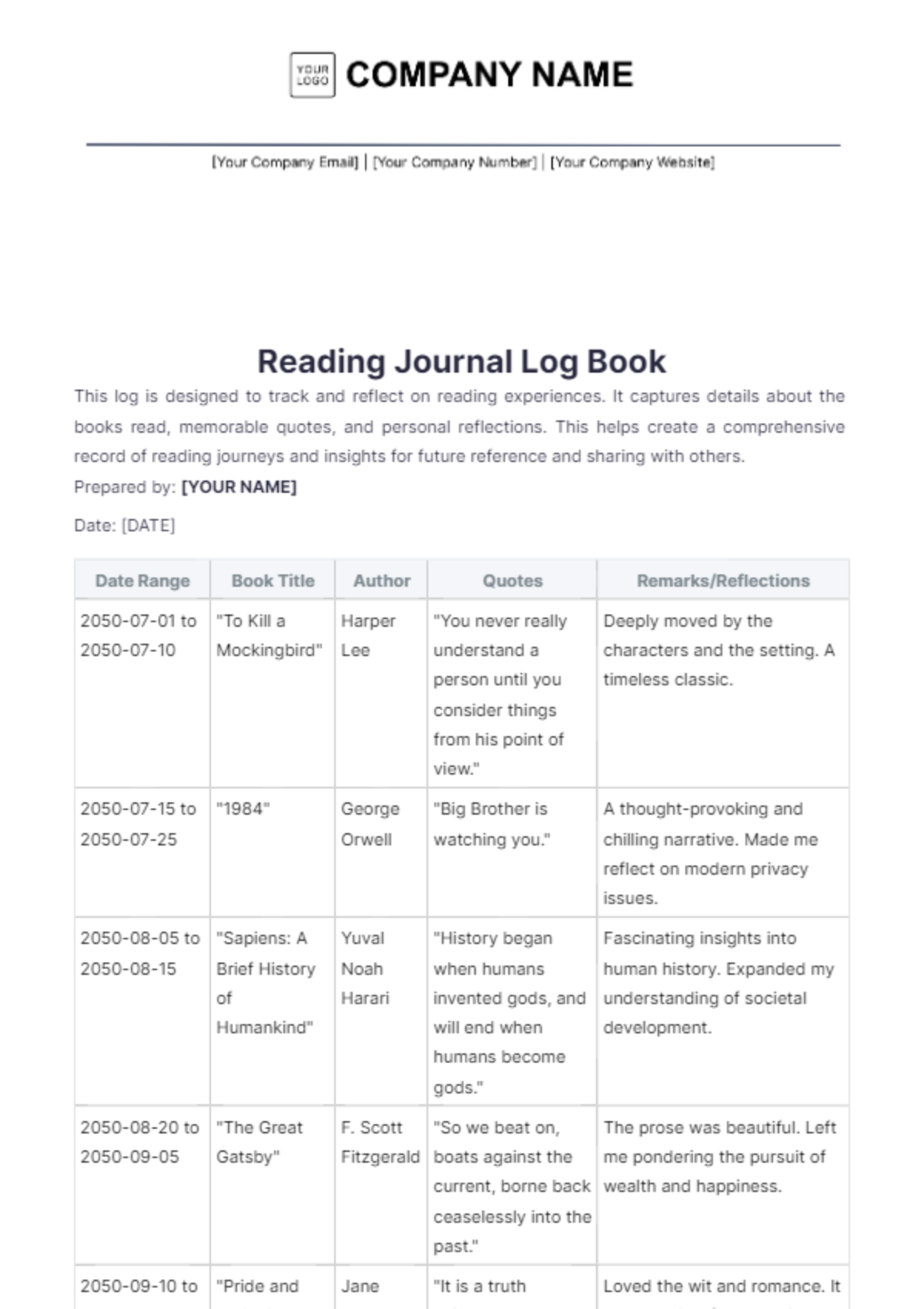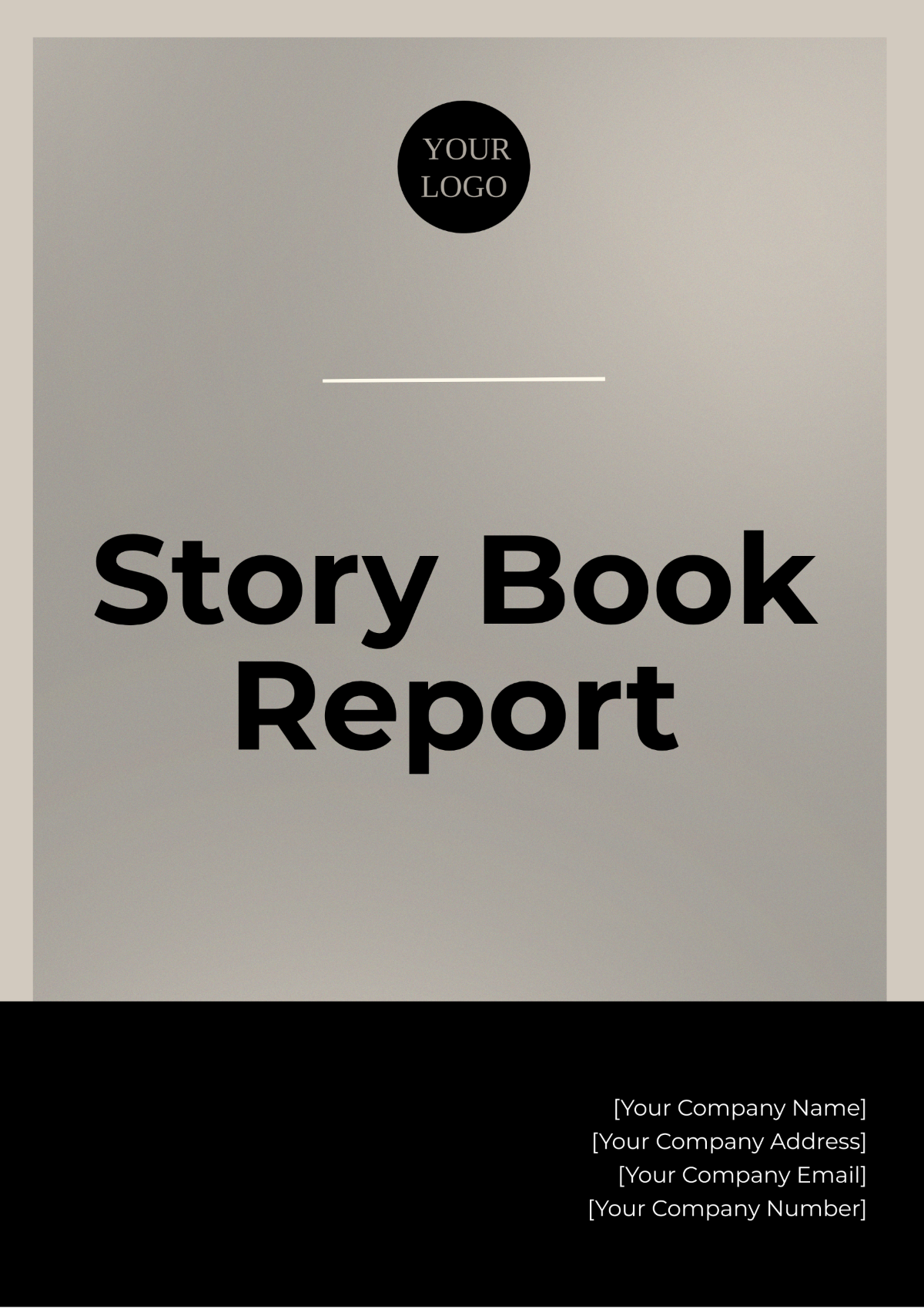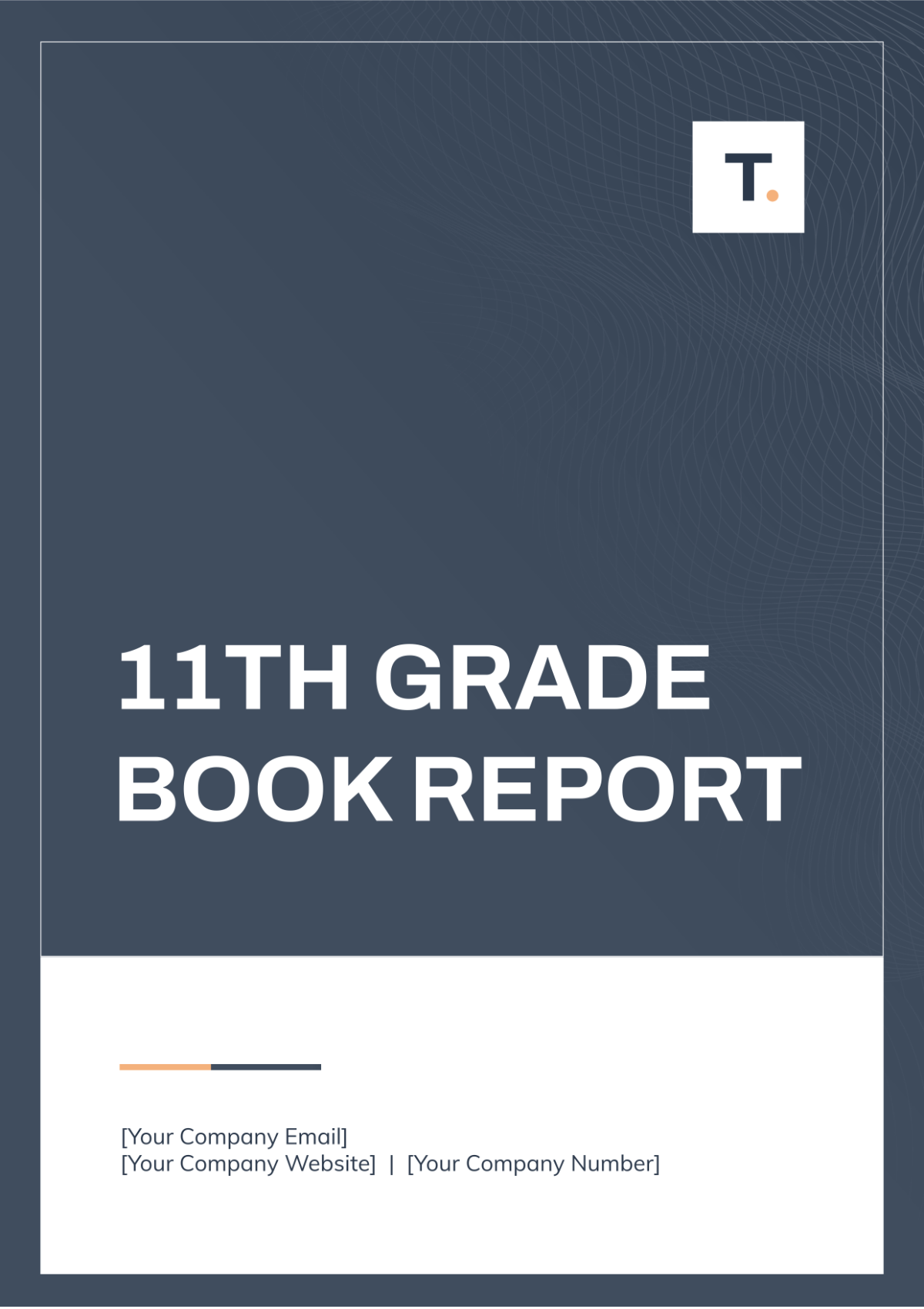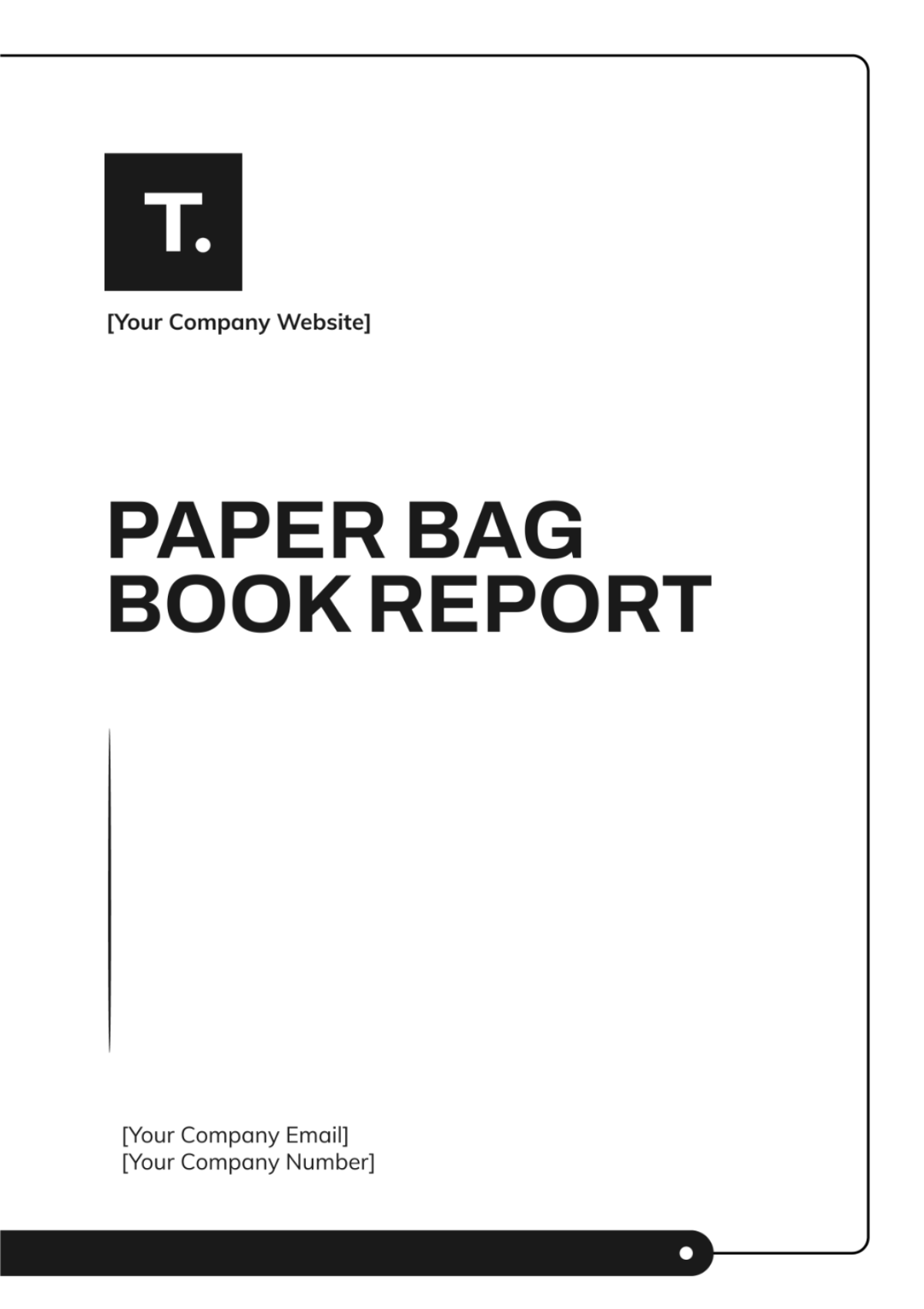8th Grade Reading Book Report
Name: [Your Name]
Grade Level: 8th Grade
Subject: Reading
Teacher: [Teacher's Name]
Date: [Date Submitted]
I. Introduction
"The Hunger Games" by Suzanne Collins is a gripping dystopian novel that explores themes of survival, government control, and the human spirit. Set in a post-apocalyptic world, the story follows sixteen-year-old Katniss Everdeen as she navigates the brutal and televised Hunger Games, where children, called "tributes," fight to the death. The novel, first published in 2008, is the first book in a trilogy and has captivated readers with its intense action, complex characters, and thought-provoking themes.
II. Summary
In the country of Panem, which rose from the ruins of North America, the Capitol exerts total control over the twelve districts. Each year, to remind the districts of their powerlessness and to prevent rebellion, the Capitol hosts the Hunger Games, a televised event where a boy and a girl from each district, aged 12-18, are selected to fight to the death until only one remains.
Katniss Everdeen lives in District 12, one of the poorest districts, where she hunts illegally to feed her family. When her younger sister, Prim, is selected as the female tribute, Katniss volunteers to take her place. Along with Peeta Mellark, the male tribute from her district, Katniss is thrust into the Capitol's world of wealth and excess.
Ultimately, Katniss and Peeta become the last two tributes and threaten to eat poisonous berries to deny the Capitol a victor. This act of defiance forces the Capitol to declare them both winners. The novel ends with Katniss returning home, uncertain of her feelings for Peeta and aware that her act of rebellion has sown the seeds of future conflict.
III. Character Analysis
Katniss Everdeen: A strong and resourceful protagonist, Katniss is driven by her love for her family and her desire to survive. Her bravery, intelligence, and compassion make her a compelling character who challenges the oppressive system of Panem.
Peeta Mellark: Peeta is kind, charismatic, and strategic. His genuine affection for Katniss and his ability to manipulate public perception play crucial roles in their survival. Peeta's complex relationship with Katniss adds depth to the story.
Gale Hawthorne: Katniss's best friend and hunting partner, Gale represents the harsh reality of life in District 12. His rebellious spirit contrasts with Peeta's more subtle defiance.
Haymitch Abernathy: A former victor of the Hunger Games and mentor to Katniss and Peeta, Haymitch is cynical and struggles with alcoholism. Despite his flaws, he provides crucial guidance and support.
Effie Trinket: The Capitol-appointed escort for District 12, Effie embodies the superficiality and detachment of the Capitol citizens. Over time, she develops a genuine concern for Katniss and Peeta.
IV. Themes
Government Control and Oppression: The Capitol's use of the Hunger Games as a tool of control and intimidation exemplifies the theme of authoritarian rule. The Games serve as a reminder of the Capitol's absolute power and the districts' helplessness.
Survival and Sacrifice: Katniss's struggle for survival highlights the human instinct to endure against all odds. Her willingness to sacrifice herself for her sister and later for Peeta and Rue illustrates the theme of selflessness.
Media Manipulation and Reality TV: The Hunger Games are a form of entertainment that manipulates public perception and desensitizes people to violence. The novel critiques how media can be used to control and distract the populace.
Rebellion and Resistance: Katniss's defiance in the arena sparks hope and resistance among the districts. Her actions symbolize the potential for change and challenge the status quo.
V. Evaluation and Reflection
Reading "The Hunger Games" by Suzanne Collins was a riveting and thought-provoking experience that left a lasting impression on me. The novel's dystopian world, richly developed characters, and powerful themes resonated deeply with me, prompting me to reflect on its implications long after I finished reading.
One aspect of the book that particularly struck me was its exploration of government control and oppression. Through the lens of the Hunger Games, Collins portrays a society where individual freedoms are sacrificed for the sake of maintaining power and control. This theme made me consider the importance of freedom and the dangers of unchecked authority in our own world.
The novel's exploration of media manipulation and reality TV also left a profound impact on me. In our digital age, where media saturation is pervasive, "The Hunger Games" serves as a cautionary tale about the power of media to shape public perception and normalize violence. It made me more aware of the importance of critical thinking and media literacy in navigating the information landscape.
"The Hunger Games" is more than just a gripping dystopian novel; it is a catalyst for introspection and reflection on timeless themes of power, control, sacrifice, and resilience. Its compelling narrative and resonant themes have left an indelible mark on my worldview, reminding me of the importance of empathy, courage, and critical engagement in shaping a more just and equitable society.
VI. Conclusion
"The Hunger Games" is a thought-provoking novel that explores complex themes through the lens of a dystopian society. Suzanne Collins's vivid world-building and compelling characters engage readers while raising important questions about power, control, and humanity. Katniss Everdeen's journey from a survival-driven girl to a symbol of resistance resonates with readers and highlights the enduring human spirit.
